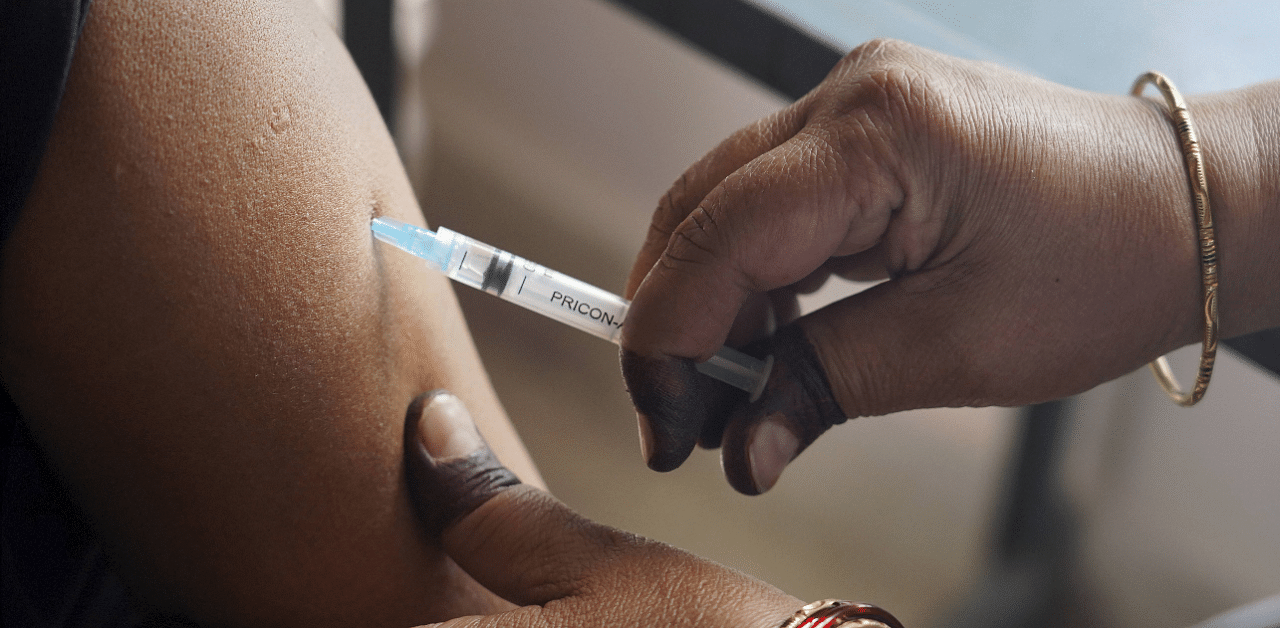Vaccine diplomacy is state-led action of leveraging vaccine expertise for furthering foreign policy goals. These goals can range from maintaining ties between nations, burnishing an international reputation, or developing influence within a region. A robust framework can aid in the identification of vaccine diplomacy opportunities and allow India to quickly respond to such need.
According to GAVI, the international organisation aimed at improving access to vaccines, “today the potential for diseases to spread is actually increasing,” due to an exponential increase in international travel, an increasing majority of people living in urbanised areas and climate change.
If the number of pandemics, or even limited outbreaks is to increase, then vaccines- their development, research, and logistics- will surely play a more important role in international politics. India is already well-positioned as one of the world’s largest vaccine manufacturers. The next obvious step is to take advantage of the opportunity and engage in aggressive vaccine diplomacy. For this, India requires the development of a clear, long-sighted vision: one that allows India to balance domestic needs with international victories, and humanitarian aid with political gains.
Through Covid-19 pandemic, India has offered vaccines aligned to its “Neighbourhood First” policy, an initiative of the Indian government for nearly seven years. The development of a vaccine diplomacy framework should echo this policy and will provide a new avenue for influencing international relations.
The real advantage of having a clearly defined policy surrounding vaccine diplomacy is that the government will be able to respond faster to international public health threats. And swift action is the difference between striking a deal to send vaccines to another country, or letting an international adversary take that deal instead.
There is a definite number of people that need to be vaccinated, therefore a lost deal is a lost opportunity to create goodwill. India’ speed, alacrity, and interest will therefore define the scope of vaccine diplomacy in foreign policy goals.
A robust policy surrounding vaccine diplomacy also balances the domestic need with international exports. India develops 3 billion vaccines every year and exports two-thirds of them. A vaccine diplomacy framework should center domestic usage but allow effective development and use of surplus capacity. Vaccine diplomacy only leverages the pre-existing transport for furthering India’s international relations.
However, amongst all of this, the Indian government should ensure that its regulations don’t disincentivize private manufacturers and researchers. Government over-regulation can act as a handicap to attracting and keeping technology giants in India. The framework built for vaccine diplomacy must not encroach on the operational freedom of private companies. Actions such as forbidding the Serum Institute of India from exporting vaccines made for Covid-19 reduces the confidence of companies and will hamper vaccine development.
Ben Rhodes, the former deputy national security advisor to President Obama, has spoken at length about the “moral authority” of the United States, and how many nations of the world look to the American model for lessons in developing a democracy. But if the past four years--and, particularly, 2020--proved nothing else, it showed how fragile American democracy is, and how the mantle of leadership is no longer on any single nation’s shoulders.
Indeed, this is an opportunity for India: one of India’s most ambitious foreign policy goals has been to gain a permanent seat at the UN Security Council, but it has been stymied for years on end by the inherent nature of the UNSC. The only realistic path to winning a permanent seat on the UNSC is to be, as Mohamed Zeeshan puts it, “so influential and indispensable in international politics that it counts for more than the Security Council as a whole.” A UNSC that does not include the United States would be all but defunct; India must aim at such heights if it wishes to overcome the obstacles standing in its path to a permanent seat at the UNSC.
By shouldering some of the moral leadership that was once the purview of the US or the EU, India can pursue a strong vaccine diplomacy policy that forges new alliances, changes the world order, and allows India to gain one of its longest-held ambitions.
